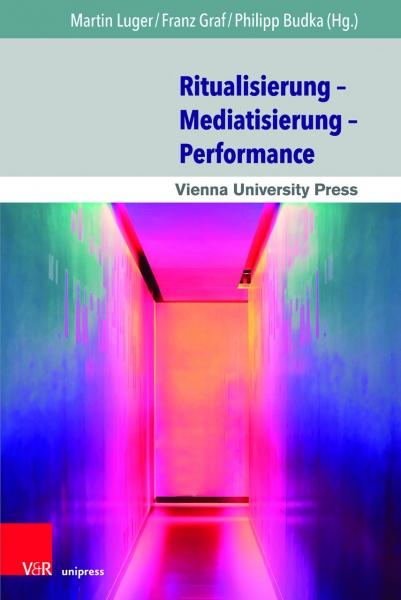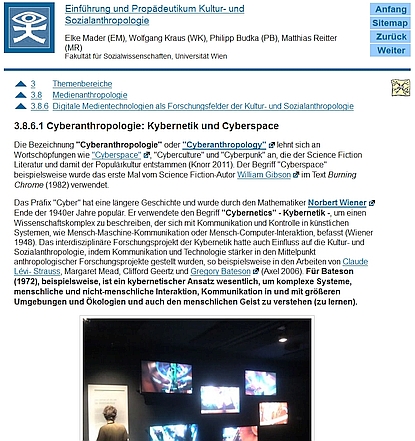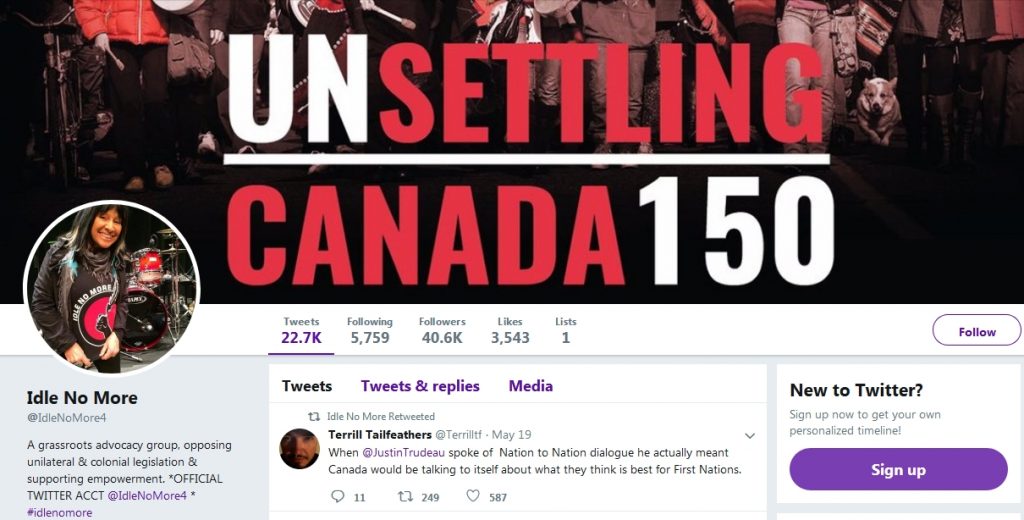Luger, M., Graf, F., & Budka, P. (Eds.). (2019). Ritualisierung – Mediatisierung – Performance. (Ritualization – Mediatization – Performance). Göttingen: V&R Unipress/Vienna University Press.

Abstract
Ritualisierung, Mediatisierung und Performance dienen als konzeptionelle Hilfsmittel, um Veränderungen und Kontinuitäten im Alltagsleben sozialer Akteurinnen und Akteure sowie in spezifischen Kontexten zu situieren. Dieser Band zeigt anhand konkreter ethnographischer Beispiele, dass rituelle, mediale und performative Prozesse und Praktiken idealerweise gemeinsam, in ihrer Relationalität zueinander betrachtet werden. Neben einem Schwerpunkt auf Transformation enthält der Band Beiträge zu ausgewählten Aspekten der Theorie, Methode und Geschichte der Kultur- und Sozialanthropologie und zu einer Ethnographie und Kulturgeschichte der Karibik, die sozialen Status, religiöse Praxis und Erinnerung behandeln sowie Texte, die Verbindungen zwischen politischen, medialen und kulturellen Sphären diskutieren.
Ritualization, mediatization and performance are conceptual tools to situate sociocultural change and continuity in everyday life and in specific contexts. By building on ethnographic case studies, this volume demonstrates that ritual, media and performative processes and practices are best explored in relation to each other. In addition to a general focus on transformation, this book includes contributions on selected aspects of the theory, methodology and history of social and cultural anthropology. Chapters about the history and ethnography of the Caribbean that discuss social status, religious practices and cultural remembrance, as well as texts that explore the connections between political, media and cultural spheres complement the volume.
Inhaltsverzeichnis
Martin Luger / Philipp Budka / Franz Graf
Kultur- und sozialanthropologische Perspektiven auf Ritualisierung, Mediatisierung und Performance. Eine Einleitung
Marion Linska
Selbstfürsorge im Feld. Überlegungen aus existenzanalytischer Perspektive
Yvonne Schaffler / Bernd Brabec de Mori
»Cuando el misterio insiste« – »Wenn sich der Geist Gehör verschafft«. Die Kunst der Überzeugung im dominikanischen Vodou
Stephanie Schmiderer
Präsenz der Gottheiten. Zum Verständnis transformativer Performance im haitianischen Vodou und seiner Diaspora
Elke Mader
Rund um die Palme. Rituelle Prozesse, indigene Politik und Medien in Ecuador
Birgit Bräuchler
Praxeologische Überlegungen zur Mediatisierungsdebatte. Eine ethnologische Perspektive
Philipp Budka
Von der Cyberanthropologie zur Digitalen Anthropologie. Über die Rolle der Kultur- und Sozialanthropologie im Verstehen soziotechnischer Lebenswelten
Manfred Kremser
»Shango is a Powerful Fellow!«. Repräsentation spiritueller Macht in afrokaribischen Kulturen
Adelheid Pichler
Artefakte und Erinnerung. Ein Beitrag zur Interpretation materieller Kultur in den afrokubanischen Religionen
Werner Zips
»She’s Royal« – »Queenmothers« in Ghana. Ein afrikanisches Rollenmodell für Jamaika
Manfred Kremser / Franz Graf / Gertraud Seiser
»Ein Leben scannen«. Fragmentarische Retrospektive von und auf Manfred Kremser

